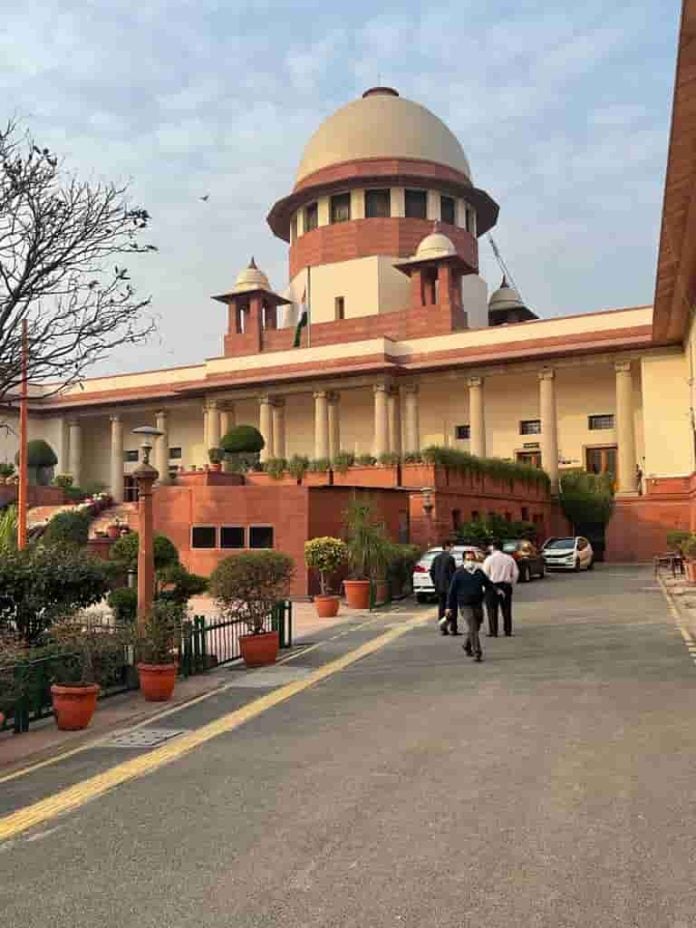The Supreme Court has disposed of a petition challenging the Draft Notification published by the Union Ministry of Environment, Forest and Climate Change (MoEFCC), demarcating over 55 sq km area as ‘Western Ghats Ecologically Sensitive Area’.
The Bench of Chief Justice U.U. Lalit and Justice Ravindra Bhat disposed of the plea filed by a Kerala-based NGO, Karshaka Shabdam (Voice of Farmers), alleging that the notification dated October 3, 2018 violated the right to life and livelihood of the farmers guaranteed under Article 21 of the Constitution.
The CJI asked the petitioner why there was a delay of four years in challenging the notification.
When the petitioner replied that they had been contacting all stakeholders on the issue, the CJI replied that a draft notification only showed the intention of executive and sought opinion from the general public.
The CJI directed the petitioner to challenge a fresh notification and dismissed the plea.
In October 2018, the MoEF had issued a notification demarcating an area of 56,825 sq km spread across six states of Gujarat, Maharashtra, Goa, Karnataka, Kerala and Tamil Nadu, as the Western Ghats Ecologically Sensitive Area, based on the Gadgil Committee report and the Kasturirangan committee Report.
As per the plea, while these notifications were aimed at preserving and conserving the Western Ghats, they had not considered essential factors such as population, practicality in displacement and source of livelihood. The petitioner alleged that the notification intended to ‘disrupt’ the lives and ‘discourage’ agriculture in the state.
It sought direction to the state of Kerala not to implement the Gadgil Committee report for the following reasons:
a) No space to displace population from one place to another within the state;
b) There are a large group which are completely dependent on agriculture and banning cultivation of several crops will affect their livelihood;
c) In many villages there are small scale business run by people who uniquely produce soaps, hair oils, tubes and tyre repairs, which will be able to produce from that particular topography.
Stating that land was a subject under the State List as per the Constitution and all powers and authority to control, regulate and put it to use should be vested in the state Government only, the petition contended that the state government could not surrender its own authority and place the control, regulation of more of its land area under the Central government.
Case Title: Karshaka Shabdam vs Union of India & Anr


